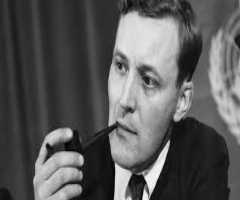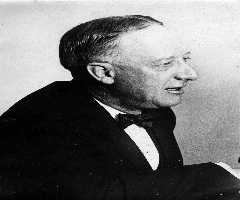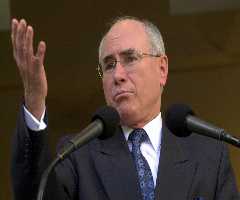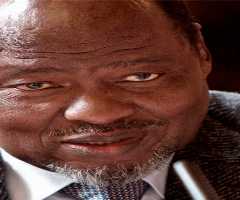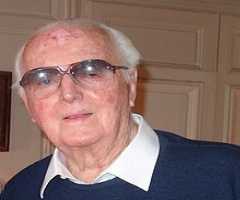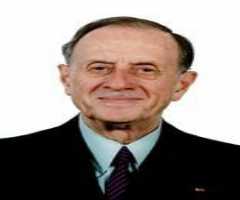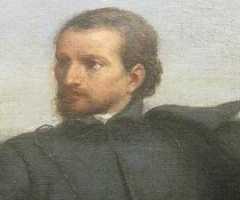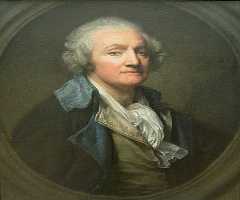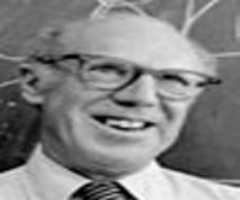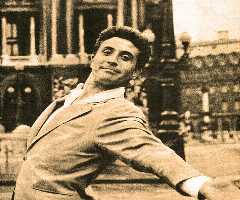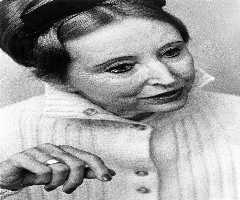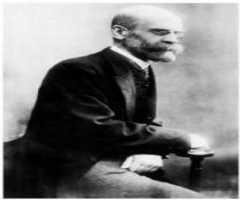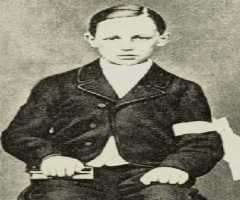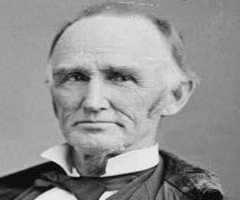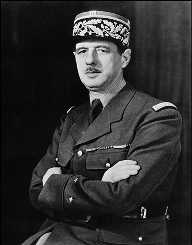
Birth Place : Cauchy-à-la-Tour, Hauts-de-France, France
Died On : July 23, 1951
Zodiac Sign : Taurus
Philippe Pétain Biography, Life, Interesting Facts
Philippe Pétain was born on April 24, 1856, in Cauchy-à-la-Tour, Pas-de-Calais, France. His father was Omer Venant. He later chose to only go by one of his middle names, Philippe Pétain, and this is how he is best known today.
Education
As a child, Philippe Pétain attended a local public school. Later on, he attended a religious school. In 1876, when he was twenty years old, he enrolled in the Saint Cyr Military Academy. By attending this school, he was also signing up for the French military. Almost a decade later, in 1887, he enrolled in another army-run college, the Ecole Supérieure de Guerre.
Military Career
Beginning in 1878, while Philippe Pétain was still in the military academy, he began serving in the French army. He served in several battalions and garrisons until 1899. When he first started out in the army, he had a low rank, but by 1900 he had worked his way up the ranks and had become a major. He continued to rise up the ranks in the first decade of the 1900’s, but he wasn’t famous yet.
It wasn’t until World War I that Pétain’s name became famous. He is well-known for his victory at the Battle of the Marine. A year later, he earned control of France’s 11th Army. In 1916, he was able to defeat Germany’s army in Verdun, near one of France’s most important military forts at the time. In 1918, a portion of the French army rebelled, as their leader General Nivelle, was not treated them well. Pétain replaced Nivelle, leading this part of the army. At the end of World War I, Pétain was named a Marshal of France.
After the war, Philippe Pétain continued to work with the military, even though he was old enough to retire at this point. In 1922, he became the inspector general of the army. With this position, he helped to organize war efforts, even though there was no war going on involving France at this time (and they were not in another war until 1939 with World War II).
Political Career
In 1934, entered into politics, becoming the Minister of War. Later in the same decade, he would also become France’s Ambassador to Spain.
Shortly after World War II began, Philippe Pétain began the Deputy Prime Minister in 1940. Later in the same year, he would become the Prime Minister of France. Philippe Pétain tried to reason with the Nazis during his time as Prime Minister. However, his efforts were not successful. By mid-1940, only about half of France was under Pétain’s rule, while the other was under Nazi occupation.
As leader of part of France, Philippe Pétain started to abuse his power. He began the Chief of State and started to rule in an authoritarian style. As the war continued, Nazi Germany took over more and more of France. Philippe Pétain was left alone, but he had lost most all power. Philippe Pétain was used more as a figurehead than a leader. In 1944, Nazi forces moved Philippe Pétain to Germany but brought him back the next year.
After World War II ended and Philippe Pétain was returned to France, he was accused of treason (as he gave in to the Nazis and did not fight back as much as he could have, and the Nazi takeover of France corrupted the military). He was put on trial for treason, found guilty, and sentenced to death. His sentence was later changed to solitary confinement in a fort on the coast for life.
Awards And Accomplishments
Philippe Pétain won several awards during his lifetime, mostly for his efforts during World War I. In this world war, he was considered to be a war hero. However in World War II, he was considered to be treasonous, and anything but a hero. All awards listed below are for his efforts in World War I.
Marshal of France
Legion of Honor
Military Medal (from Spain, not France)
Family Life
Philippe Pétain married Eugenie Hardon in 1920. The couple had no children together. The marriage only ended with Pétain’s death.
Death
Philippe Pétain died in solitary confinement on July 23, 1951. He died of old age and was never executed. He was 95 years old when he passed away. After death, he was buried near the prison where he spent the last of his days.
More Politicians
More People From Hauts-de-France
-
![Maximilien De Robespierre]()
Maximilien De Robespierre
-
![Hubert De Givenchy]()
Hubert De Givenchy
-
![Charles de Gaulle]()
Charles de Gaulle
-
![Jacques Marquette]()
Jacques Marquette
-
![Marquis de Condorcet]()
Marquis de Condorcet
-
![Gerard Debreu]()
Gerard Debreu
